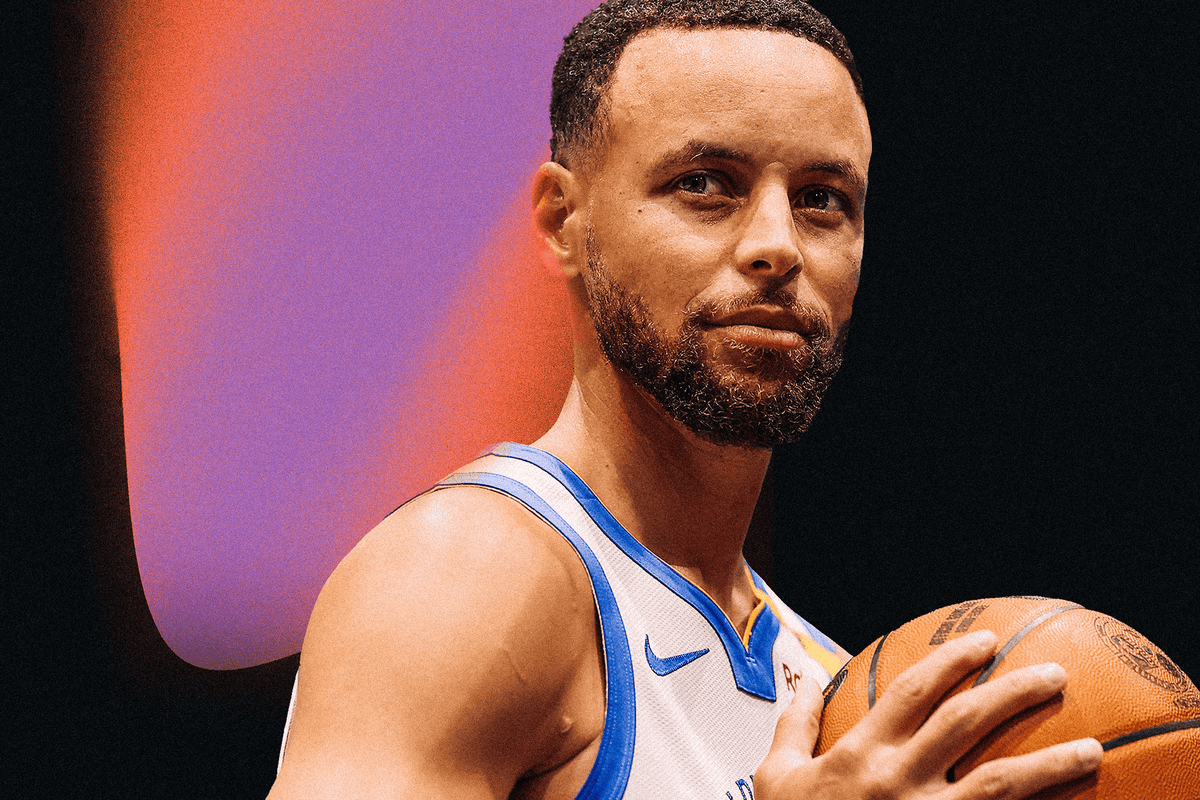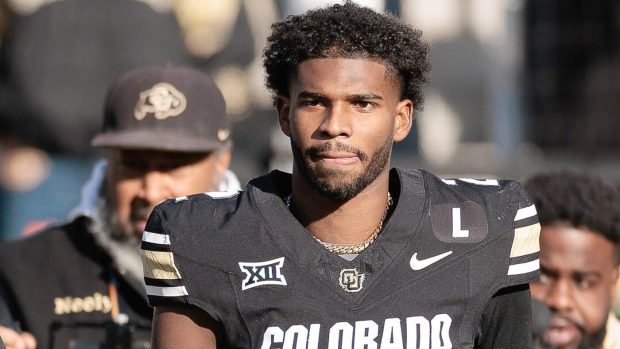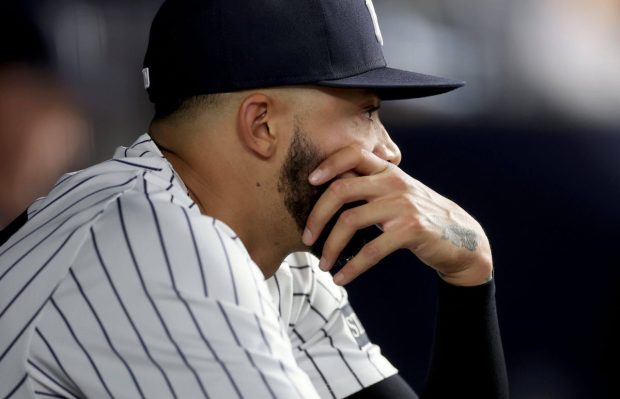

Editor’s Note: This story is a part of Peak, The Athletic’s new desk covering leadership, personal development and success through the lens of sports. Peak aims to connect readers to ideas they can implement in their own personal and professional lives. Follow Peak here.
The people in Steph Curry’s orbit are, as you can imagine, very busy. But when we reached out to 20 different coaches and players from both the Golden State Warriors and Davidson to ask about Curry, everyone made time quickly.
Advertisement
“I love talking about Steph,” said Steve Rossiter, a Davidson teammate, repeating a common sentiment.
We know Curry as the greatest shooter in NBA history, but we know less about his leadership. What makes him effective? And what can we apply in our own professional or personal lives?
Based off our recent story about Curry’s leadership, here are our four favorite takeaways:
The power of a positive environment
One of the most surprising things to a lot of the veterans who played with Curry was the untraditional approach he took towards guiding others. When Shaun Livingston arrived at Golden State, he was in his 10th year in the NBA.
“The first thing I noticed, the first thing that stuck out to me, was his spirit,” Livingston said. “Of galvanizing the players through joy. What I was used to was your best player was leading with kind of that iron fist and intensity. (Steph’s) energy was so much lighter.”
That positive environment has paid off in ways big and small over the years.
“There’s this feeling with him that you have to find a way to enjoy the process,” said Khalid Robinson, the special assistant to head coach Steve Kerr. “Enjoying the process allows you to reach your individual goals as a player and allows the team to reach their collective goals. That focus and embodiment of joy that Steph has has allowed us to be so successful for so long.”
Building personal connections can make your feedback and criticism more effective
When Glenn Robinson III signed his contract with the Warriors, he didn’t know much about his new home. When he met Curry for the first time, Curry handed him a list of three local churches Robinson might like.
“There was a lot going on, and he took the time out of his day to make sure I was comfortable being in San Francisco,” Robinson said. “It showed me the type of leader he was.”
Advertisement
Jeff Addiego, who runs the Warriors’ youth academy, rarely came to the Chase Center. But one day he was there talking to Zaza Pachulia near the weight room. Curry, who was there to work out, walked over and started asking about Addiego’s family and how the season was going for Jeff’s daughter, Sofie, who also plays basketball.
“After Steph left, Jeff said, ‘This is crazy,’” Pachulia said. “That is just one very small example of who Steph is off the court and how much impact his personal touches have.”
The upshot?
“He has a really good connection with his teammates and the people around him,” Robinson said. “And that helps him in situations when he has to speak up.”
One example, revealed by The Athletic at the time: After the Warriors lost Game 6 to the Sacramento Kings in the first round of the playoffs in 2023, Curry was furious. So he did something he normally doesn’t do much: He spoke up and called out his team.
“If you’re getting on this bus, you’re making a commitment to this team,” Curry said, according to Draymond Green. “No matter if you play zero minutes or 40 minutes. You’re making a commitment to do whatever it takes. Prepare your mind and body for this opportunity we have. We got embarrassed the other night and we never f—ing going out like that.’”
Curry’s words hit home in large part because of the personal connections he had made over the years. The Warriors won Game 7. It didn’t hurt that Curry scored 50 points.
The small things matter just as much – if not more – than the big things
Successful leaders have people that want to follow them. They also are watched by others all the time. Everything they do sets the tone and culture for an organization.
“He’s followed by people because they want to, not because they have to,” said Bob Myers, the Warriors’ former general manager. “If your best player is the hardest-working player on the team, then everybody has to work hard. If he’s an honest, decent, unselfish teammate, then everybody has to do that.”
Advertisement
It started while Curry was at Davidson.
“In practice, if Steph is diving on the floor, I better have my five-point-a-game-averaging ass diving on the floor too,” Rossiter said. “When your best player is also giving the most effort and supporting everyone, that’s how his leadership shines through.”
Beyond the crazy shots and incredible skill, Curry is respected by his peers because of something else: “His ability to do the ordinary things over and over and over again, every day,” Livingston said. “The simple things. The boring things.”
Acknowledge the success of others
While you can’t really teach someone how to be happy for others, you can prove the impact it has.
When Klay Thompson broke Curry’s record for the most three-pointers in an NBA game, Curry pushed teammates to help Thompson topple his record.
He kept telling teammates during the game: “We need to get Klay more shots. Klay needs more shots.”
His teammates all agreed that when they hit a milestone or accomplish something, no one is happier than Curry. And the kind of support system that stems from that can’t be replicated.
It seems to come naturally to Curry, but it’s something anyone can do.
“He loves watching his teammates succeed,” Myers said. “Not everybody does. It’s such a rare quality to celebrate other peoples’ success. Just a genuine joy for someone else’s success.”
Elise Devlin is a writer for Peak, The Athletic’s new desk covering leadership, personal development and success. She last wrote about her experience attempting to replicate Bobby Witt Jr.s’ daily routine for a week. Follow Peak here.
Illustration: John Bradford / The Athletic; Ezra Shaw / GettyImages
This news was originally published on this post .










Be the first to leave a comment